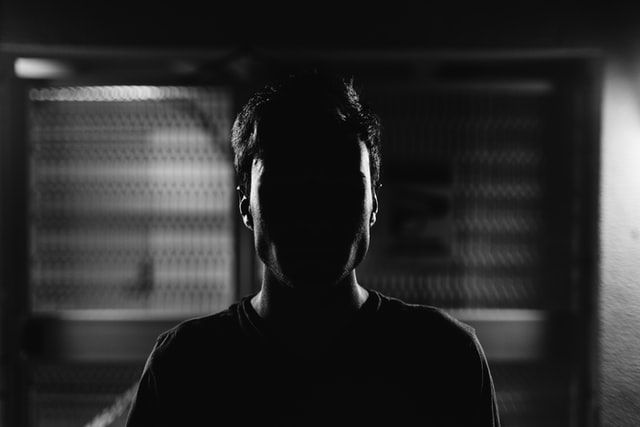
What is a Witness?
A witness is somebody who may have knowledge about events relating to an accident. Insurance companies and their investigators often obtain a statement from a witness to help them gather information about the compensation claim determination process.
Witnesses are used to gain a more impartial perspective of the events that lead up to and followed directly after an accident. They can be instrumental in painting a clear picture of the event that has resulted in a claim for compensation.
How are Witness Statements Given?
There are a number of ways a witness can give a statement. The statement can be taken over the phone and a typed version posted or emailed. A witness can provide their own written statement and sometimes the statement can be taken at home or at work. You are not required to appear in person unless you choose to do so.
You are entitled to take a support person of your choice when you are providing a witness statement. This could be a lawyer, a friend or a relative. However, it is inappropriate for a statement to be given in the presence of another witness to the same accident.
What Should I Include in my Witness Statement?
There is no formalised format in which a witness statement has to be given in. Commonly, a printed A4 page suffices. They should, however; contain several key pieces of information.
Firstly, they should start with a personalised declaration of your own information. Take a look at the following example:
I, John Smith (32 years old) of 123 Macquarie Avenue Molendinar, Queensland, say:
Following this, lay out all details that are relevant to the incident that you were witness to. Establish the situation including weather conditions, time, date, location and anything else that you and your legal team deem to be relevant. Then, go into detail about what it was you witnessed and the actions you took prior to, during and after the incident took place. Be honest and truthful and go into as much detail as you can recall. Then, finish your statement with your dated signature.
You may refer to this template witness statement for QLD cases for more information too. In this example, the witness saw a car accident and was reporting on their recollection of the events.
The statement should include facts from the direct knowledge of the witness. Statements that are long, emotive or contain opinion are generally unhelpful. The statement should focus on specific events surrounding the accident, including details of what the witness saw or heard.
It is important that you read the statement carefully and ensure that it is accurate before you sign it. If you sign an incorrect statement you may be committing an offence.
Can I Refuse to Give a Witness Statement?
You don’t have to give a statement, even if you’ve been nominated as a witness. Involvement in the process is voluntary. It is up to the witness to decide if they wish to participate.
How Are Witness Statements Used?
Once a statement is provided to the insurance company it becomes part of the claim file. The statement can be released to third parties without your consent. There are times when the statement will not be released, for example, where it could impact on somebody’s health and wellbeing or on public safety grounds.
If you require advice on your claim for compensation or the process of providing a witness statement, the team at GC Law can help! Contact us today.